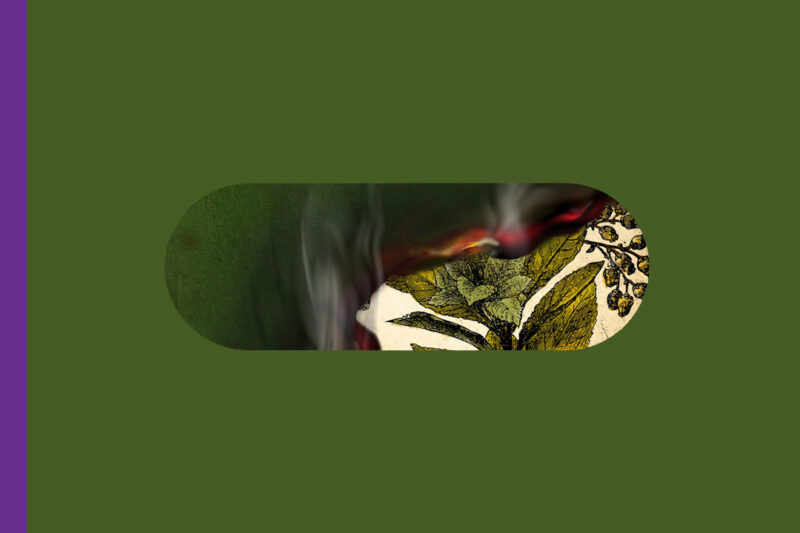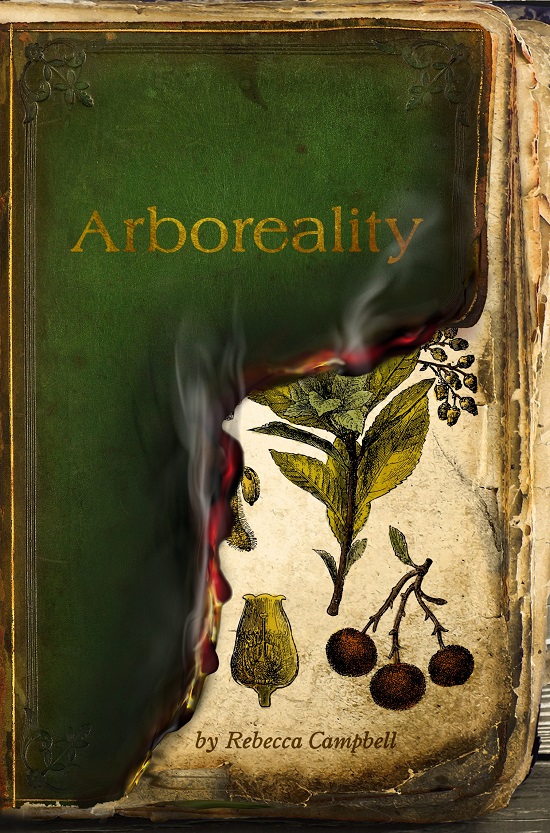USEREVIEW 119 (Capsule): Arboreality
Rebecca Campbell
Arboreality (Stelliform Press, 2022)
ISBN: 978-1-77768-232-3 | 117 pp | $18.99 CAD | BUY Here
#CAROUSELreviews
#USEREVIEWEDNESDAY
Built upon her Sturgeon Award-winning novelette ‘An Important Failure,’ Rebecca Campbell‘s Canticle for Liebowitz-style novella, Arboreality, uses the intimate losses and incremental gains of a post-climate collapse Cowichan Valley community to create a compassionate, masterfully executed book about rewilding our ecology of ideas.
When Vancouver Island’s climate destabilizes, a few academics break up McPherson Library’s collection to save it from encroaching water — sending a book on living tree architecture on a journey to a lonely, widowed gardener rewilds his abandoned suburb, homesteads spring up lush with weed and peaches, and the new community — Kaatza — who can use that knowledge to rebuild a different world: one made of branches.
Campbell grounds big ideas about how knowledge is less an object than a living, communal social structure with simple, kinetic imagery that plays with juxtaposition, her keen eye for narrative structure — sending the recovery of knowledge along the same emotional pathways communities take in rebuilding — and a rare honesty about how grief and hope coexist. Caught in the act of coping, mourning the smells of lawnmower diesel and coffee, every protagonist works toward strange futures anyway, and Arboreality never pretends that the forest to which black-tailed deer return isn’t also the sound of old-growth violins dying. Every story is shot through with traceable trajectories of loss and gain — institutions dying, ideas sprouting new — and their impact on fragile, precious bodies.
Arboreality does the work of good climate fiction concisely, vividly, compassionately: maps the internal landscape of catastrophe, and models how we might transform it together for the world to come.
Recommended excerpt:
That was the day he formed the plan: a violin made as purely and patiently as he could manage, following the guidance of long-dead luthiers, passed down to him through Eddie. And when it was finished, he would go to the Po Valley and join the Scuola Internazionale di Liuteria Cremona, where he would tell a dozen old Italian masters the story of his accomplishment.
But the materials he’d need weren’t just expensive, they were nonexistent. Trees of the five hundred ppm present wouldn’t do. He needed old growth, with heartwood grown in the last climate minimum, when Kaatza froze and the last Viking settlement on Greenland disappeared under the ice. He needed Gaboon ebony, nearly extinct, smuggled out of Nigeria or Cameroon.
“Everything I can afford,” he told Eddie the next day, “is ugly.” Unspoken: too ugly for Delgado, who deserved more than the world could offer these days.
“Not ugly,” Eddie said, “Different. But not ugly.” (n.p.)



